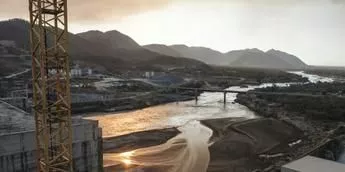
Egypt recently wrote to the United Nations concerning the incidents regarding the Ethiopian Renaissance Dam. For over a decade now, Egypt and Ethiopia have been at odds with each other on the construction of a hydroelectric dam located about 30 km upstream of Ethiopia's border with Sudan.
Concerning the Grand Ethiopian Renaissance Dam (GERD) which is a massive hydroelectric dam on the Blue Nile River in Ethiopia that has been a source of regional tension between Ethiopia and Egypt, the Egyptian foreign minister confirmed on Sunday that Egypt has seen fit to send a letter to the UN, as reported by Sputnik.
"Foreign Minister Badr Abdelatty sent a letter to the President of the UN Security Council on September 1, following recent statements by the Ethiopian Prime Minister regarding the fifth phase of filling the Renaissance Dam," the ministry said.
This letter follows the frustrations faced by Egyptian authorities after 12 years of trying to negotiate with Sudan and Ethiopia over the Grand Ethiopian Renaissance Dam, stressing the dam's possible impact on water security in downstream Sudan and Egypt during droughts.
Egypt revealed in December 2023 that the trilateral dam negotiating process between Egypt, Sudan, and Ethiopia, which began in August of that year and involved four rounds, stopped inconclusively.
In September 2023, Ethiopia announced that it had completed the fourth and final filling of the dam.
Ethiopia, Sudan and Egypt have previously convened more than a dozen times to fix the water-sharing concerns, but their efforts have been ineffective.
GERD
The tremendous $4.2 billion Grand Ethiopian Renaissance Dam (GERD) has been in the center of a regional debate since Ethiopia began construction in 2011.
Egypt and, on occasion, Sudan have repeatedly requested Addis Ababa to suspend the reservoir's filling.
Both countries see it as a danger since they rely on Nile freshwater, but Ethiopia sees it as critical to its electricity and growth. For centuries, Egypt has been regarded as the "gift of the Nile," since the river provides 90% of its nourishment and life.
The country has an annual water deficit and is expected to be classified as water-scarce by 2025, according to the UN.

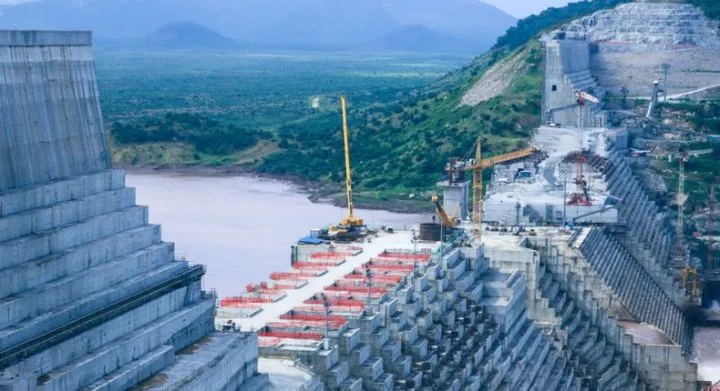
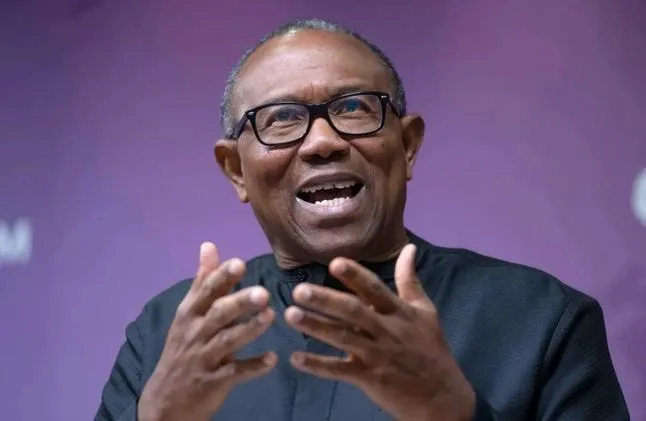
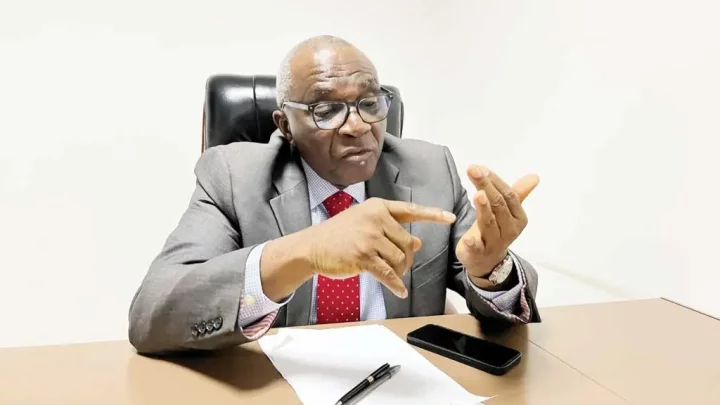

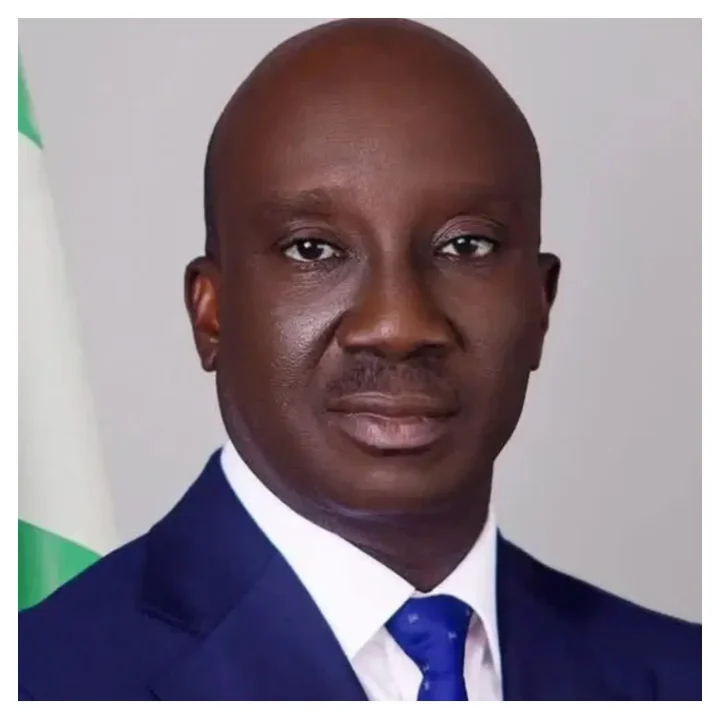
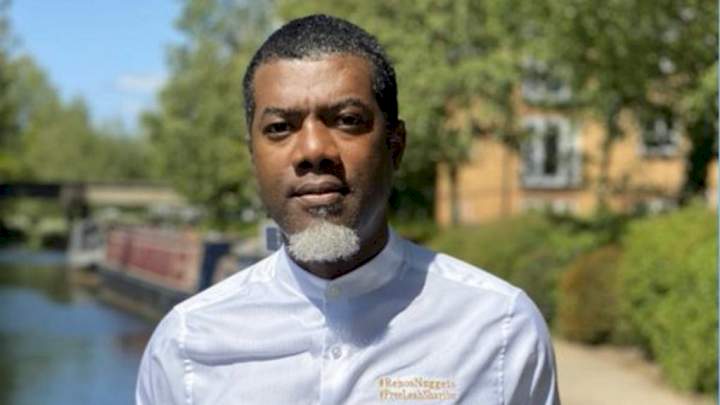
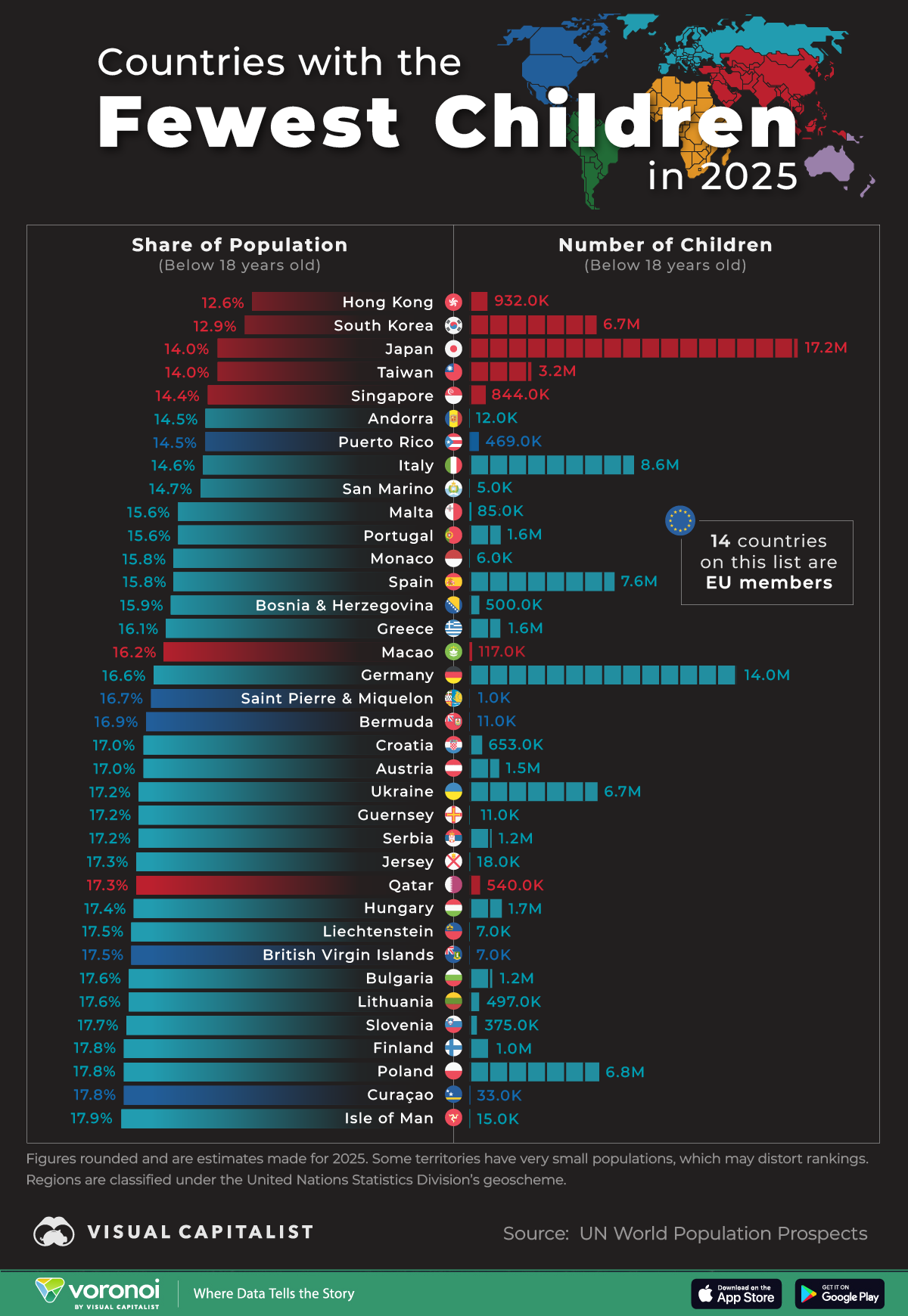



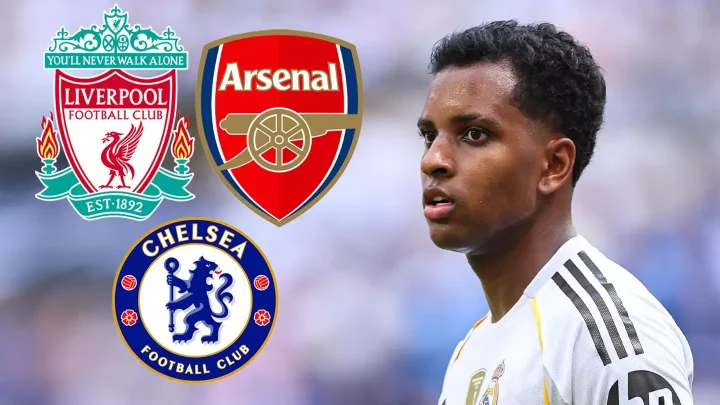




Comments